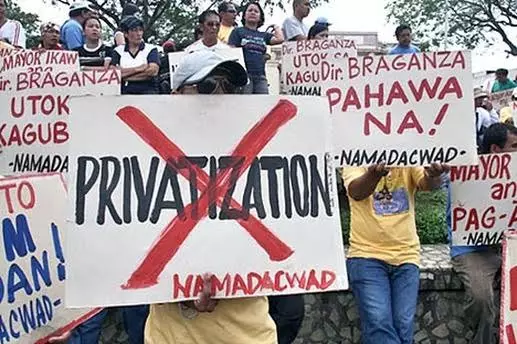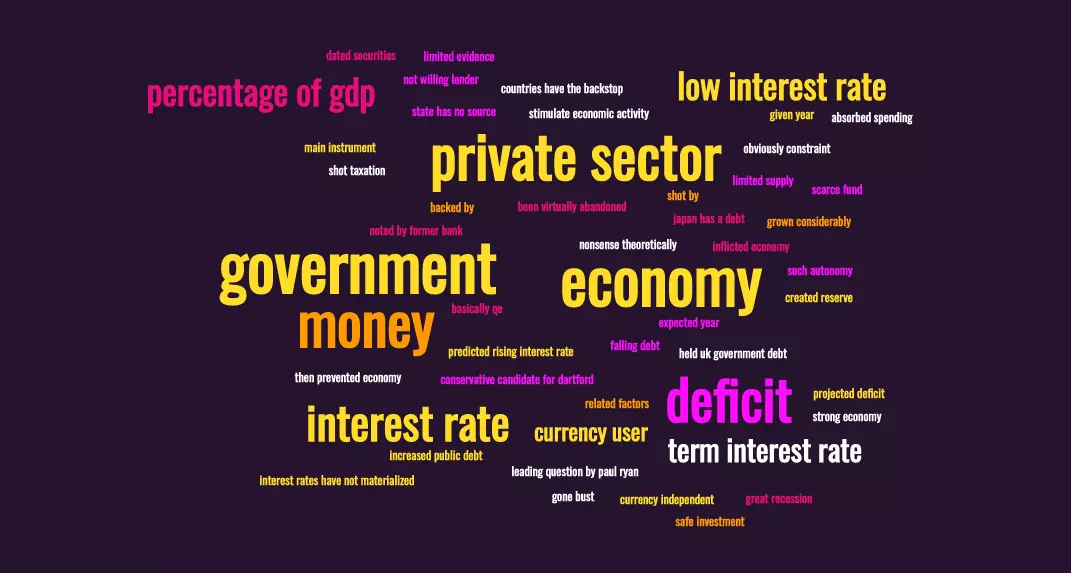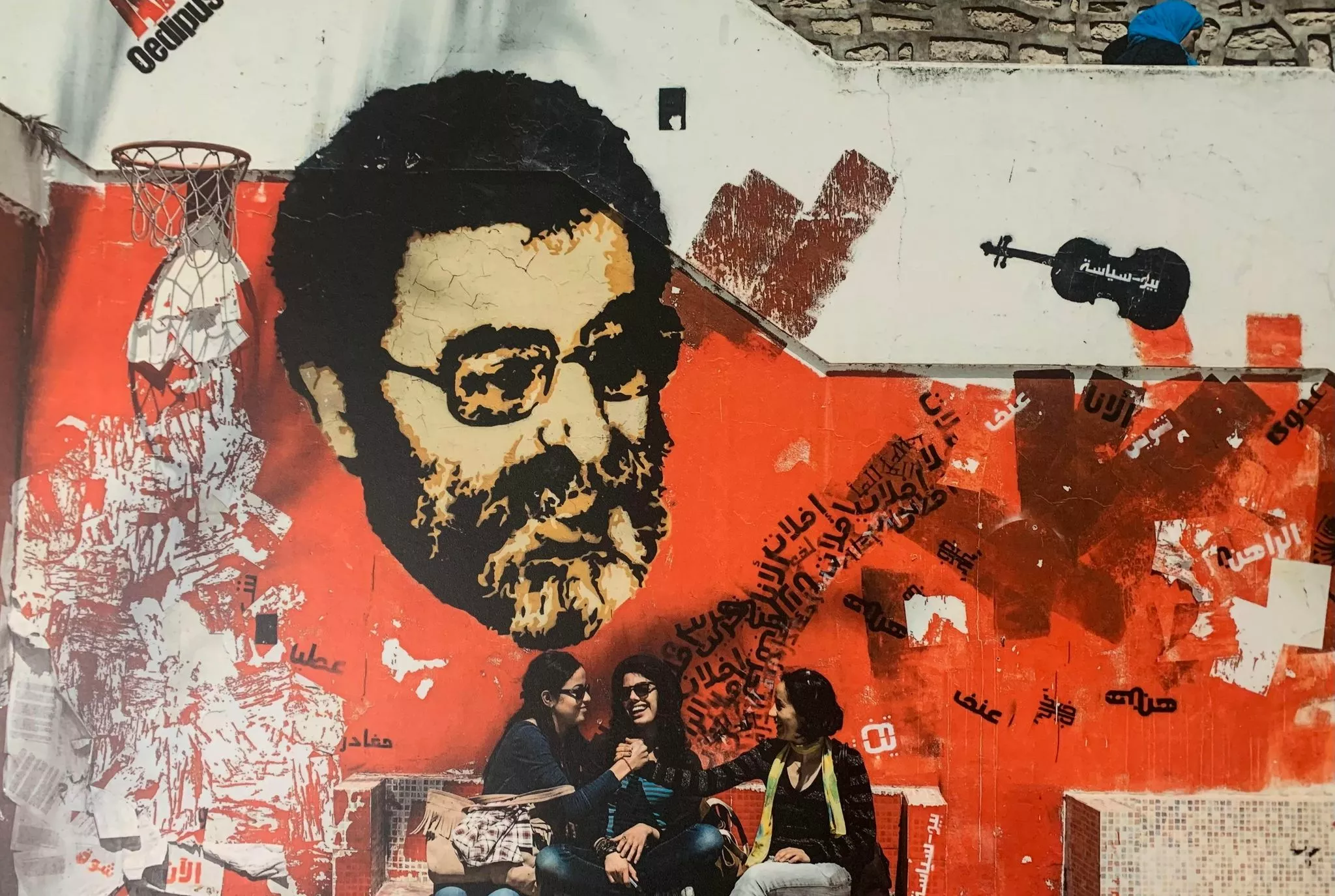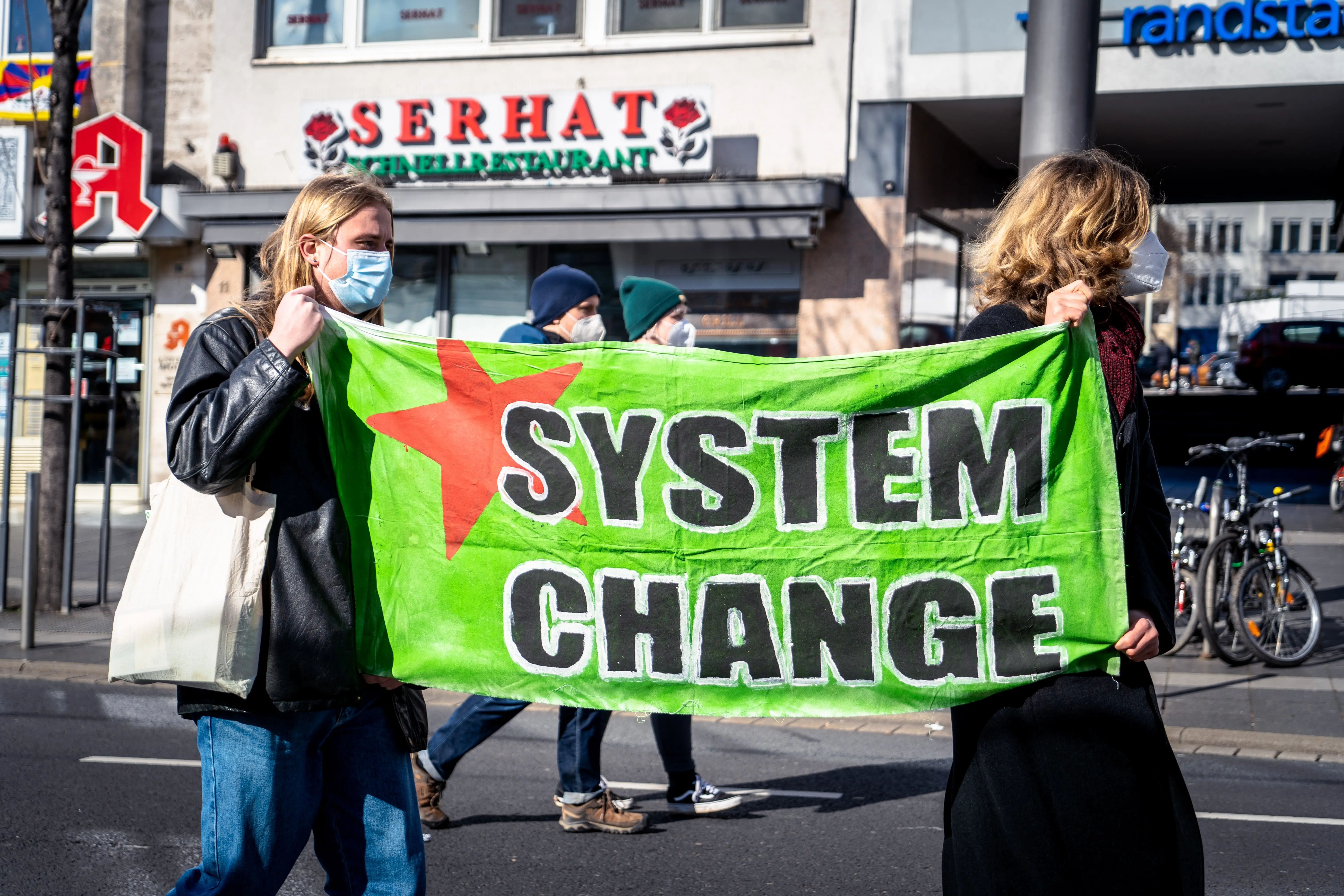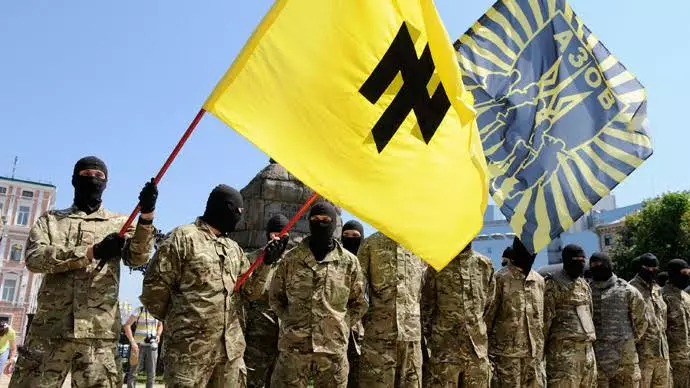As the world we are living in becomes increasingly globalized, we see the traditional roles of the state to be ebbing. The lines between state and non state activities shall blur to an extent that there shall lie no division between the two. The number of players in the field of governance is increasing day by day. Many transnational and multinational corporations have their stake in governance, especially international environmental governance. What happens when corporates take over the traditional roles of the state? What are the impacts of the same on the citizens and how well have the corporates dealt and grappled with the issue of environment? It shall be further examined why the corporate sector has embroiled itself with the mammoth task of environmental governance, what actually drives the corporate to do so and how does their vision differ from that of the state (or if at all it differs). The privatization of water in Cochabamba will hopefully shed some light on the role of corporates in international environmental governance. Looking at incidents in Cochabamba will help identify the problems faced citizens due to the changing role of the state with respect to the environmental governance regime.
The role of corporates in international environmental governance has been an amusing. The regime concerning environmental governance has always centered around climate change. The reasons being- climate change is a consequence of ozone layer depletion which directly impacts the northern hemisphere (where most of the global north lies) and, most of the capitalist countries lie in this zone (now with the exception of Australia). The regime concerning environment, earlier was confined only to the state. The corporate, initially was not really receptive to the claims of climate change made by the scientific community. They acted as what is now termed as climate change deniers[1]. It is only in the 90’s we see the corporate sector accommodating to the pressing demands posed by climate change. It is then we see their inclusion in the environmental regime. While the role of the state has been briefly touched upon, it should be noted that while all countries and peoples bear the brunt of climate change and global warming, the third world and the women have it worse.[2] As the corporate slowly encroaches upon climate change regime, it takes over role of the state. Things like water supply are now being handled by various companies. Water, especially potable water, is not at everyone’s disposal, though it is ubiquitous. The poor and the marginalized are often denied the access to potable water. Often, the degradation of resources such as water are a because of industrial activities. We have seen that the trend of the corporate sector going green is a relatively recent phenomenon. What happens when these very industries are made in charge of supplying water to citizens they’re not accountable to? The Cochabamba debacle helps us answer these questions.

COCHABAMBA AND LOS GUERREROS DEL AGUA
Cochabamba is the third largest city in Bolivia. Bolivia, being a third world country is also the second poorest country in all of Latin America. Already burdened with crippling poverty, in 1997 the World Bank gave Bolivia a loan to improve the water system in its largest cities, including Cochabamba, in exchange for privatization of those water systems. This point is to be taken as the inception of the water crisis in the country. Later on, in 1999, the government handed over Cochabamba’s water to California engineering giant Bechtel Corporation (it led a consortium). It should be noted that all of this took place sans the consultation of the public. Soon, this corporation raised water rates at an alarmingly rapid rate and this unleashed massive unrest in the country. Many were killed by the police in this unrest.[3] The protests escalated and spread beyond the borders of Cochabamba in 2000. Thousands clash with riot police, erect roadblocks, and protest not only the water-rate hikes but the country's overall economic malaise and high unemployment. Oscar Olivera, spokesperson for the Coalition in Defense of Water and Life (a group of organizations that led the rebellion of April 2000) says that for many people this struggle meant “the reclaiming of their water as a fundamental resource, but also the reclaiming of their dignity, confidence, and capacity to organize and shape their own futures themselves”.[4] This incident should not be looked at in isolation. There are many factors at play in this. A confluence of actors has played a role in it. World Bank has wielded its influence on every corner of the map. Owing to the debt crisis in the 80s, World Bank had proposed a full cost recovery plan- this meant that consumers would have to pay for supply of water. As a result, SEMAPA was privatized. A place where one third of the population does not have access to water soon would have to pay exorbitant sums for gaining access to the same. The privatization was supported by the World Bank on the basis that governments lack the necessary funds for investments. Water rates had been revised and raised to more than 100% even after the fact that one third of the population will have no access to it whatsoever.[5] The Bolivian elites, the government and the World Bank were all responsible for the monopolization and revision of water rates. Huge protests done in the interest of people followed. There was a demand to cancel the debt which got the Bolivians into this huge mess in the first place. It is important to note that in order to silence the voice of the people, SEMAPA’s inefficiency was blamed. Briefly, the government had tried to take over SEMAPA, tried to change the laws and even talked of exporting water to Chile. Needless to say, all of this was not well received by the Bolivians.

TAKEAWAYS FROM THE PROTESTS
The uprising in Bolivia should not be seen as in isolated incident. While the citizens did fight for their right to access to a basic facility, the fight should be seen as a resistance to the introduction of neoliberal policies in the country. It is a fight against the harsh structural reform program of the World Bank. Another point of contestation here becomes water. While water is largely required for fulfilling basic necessities, here has been commodified. Water is seen as a lucrative resource by the corporate giants who took charge of the water supply in Cochabamba. So, in a sense these protests showed what happens when a basic necessity is seen as a profit making commodity. Moreover, the state’s attitude towards development and the models used to achieve the same need to be examined. In Bolivia, the development model did more harm than good. According to the Bolivian Center for Documentation and Information (CEDIB), this development model is based on high-intensity, high-volume natural resource extraction, the products of which are destined for export. This model prioritizes water for use by the mining, hydrocarbon and industrial agriculture sectors. The Constitution did not enshrine any rights to the citizens with respect to water. Water was not seen as a common good or a basic human right. Two things here come at play- the first one being the ruthless corporates exploiting the already deprived people and the second one is non recognition of water as a human right in the legal systems which, in the first place was designed to protect the rights of the citizens. It enabled Bolivians to reclaim this very basic right that should have already been enshrined by the constitution.

CONCLUSION
Though the people ‘won’ the water war, the picture is not rosy. The Bolivians managed to stand up and rise in rage against the harmful policies. Many other countries are facing similar problems and it is always at the cost of natives. Again, the movement against privatization of water should not be seen as an isolated incident. The agenda of the corporate should be questioned especially given that in Mexico similar uprising took place against a company that makes beer (corona), which has used up water in the Mexicali region and citizens are not left with potable water. There needs to be proper mechanism which facilitates dialogue between the state and the concerned citizens as well as the corporate. Though, in these cases the state has handed over its reins to the corporates the state should listen to people and be accountable for them in place of unleashing violence over the concerned citizens. People need to be consulted prior to handing over such huge tasks to the money hungry corporates. Finally, the people and their agency should not be undermined to make way for the profiteering nature of the corporate.
